Sunday Morning for Sunday 20 February 2022
8:11 Ukraine soldiers refuse to believe Russia will attack
Radio Free Europe's Mike Eckel is a senior correspondent reporting on political and economic developments in Russia, Ukraine, and around the former Soviet Union.
He's reported first-hand on the wars in Chechnya and Georgia and the outbreak of war in Ukraine's Donbas.
Eckel recently spent five days on the frontline in Verkhnotorestke, north of the separatist-held provincial capital of Donetsk, with a company from Ukraine's 503rd Naval Infantry Battalion, known as the Badgers. Many of the soldiers were blasé about the prospect of Russia attacking, despite the fact more than 100,000 troops and weapons were gathering along the border with seemingly malicious intent.
US president Joe Biden believes the Russians will attack Ukraine within a number of days.
Eckel is with us to discuss the simmering tensions along the border and what's likely to happen next.

Photo: AFP
8:25 Flu season could follow hard on the heels of Omicron
The flu season was supposed to arrive with a hiss and a roar in the Northern Hemisphere in 2021/22, but after making its arrival in the wake of the Delta wave, Omicron came along and pushed flu out of the way.
However, it's not going to play out that way in New Zealand, with our flu season likely to follow on from the end of the Omicron wave when it gets underway in a few months from now. And that could spell trouble with the borders opening up and travellers bringing in flu with them.
Joining us to discuss the impact Omicron has had on the flu season in the Northern Hemisphere - and how things are likely to play out in this country - is New Zealander Dr Richard Webby, who is an infectious diseases expert at St. Jude Children's Research Hospital in Memphis.
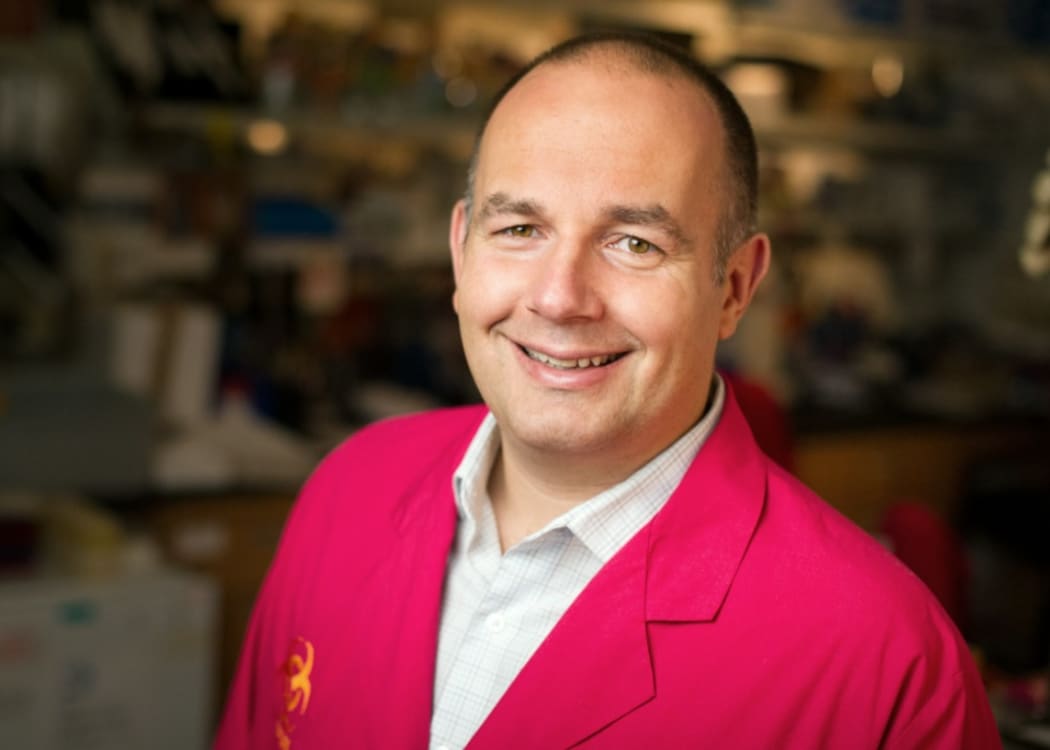
New Zealander Dr Richard Webby is a virologist at the St. Jude Children’s Research Hospital in Memphis. Photo: Supplied
8:39 The Weekend Panel with Christopher Finlayson and Anna Fifield
Joining us on the Weekend Panel this morning are lawyer and former MP, Chris Finlayson, and editor of the Dominion Post, Anna Fifield. Among other topics, they'll be discussing sympathy abroad for the Wellington Parliament protesters, struggling with the RATs, the strange housing market, and when to get into EVs.
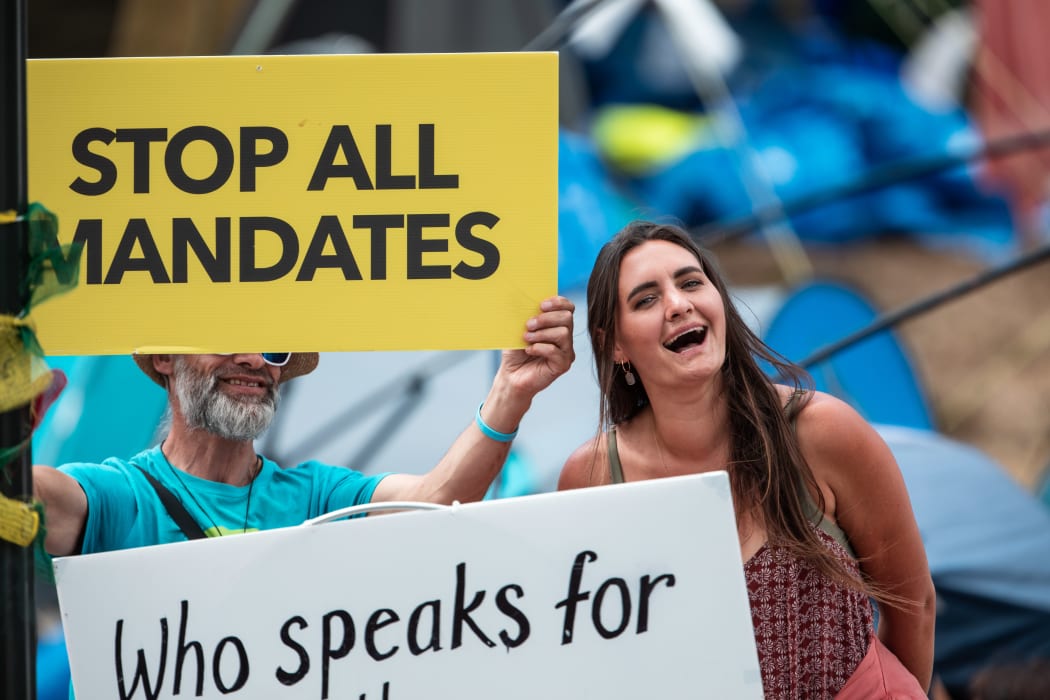
Photo: RNZ / Samuel Rillstone
9:06 Mediawatch
Mediawatch looks at mixed messages about the Convoy 2022 protesters at Parliament - and talk to an editor pushing back at the public service for dodging important questions. Also: how the excited Dad of our latest Olympic champion turned the air blue on TV - again.

Photo: RNZ / Samuel Rillstone
9:37 Calling Home: Claire Dugan in Berlin
Having twice lived in Berlin as a child, the pull to return to the German capital as an adult was always strong for Wellingtonian Claire Dugan.
Claire lives and works in central Berlin as the Deputy Executive Director at Skateistan, an award-winning international NGO that empowers children through skateboarding and education, leading its strategic planning process and overseeing its implementation.
The 36-year-old lives with partner Kerim Seiler (an acclaimed artist) and daughter Edna Seiler (4) in an apartment cooperative that exists from the East Berlin days.
Claire's Calling Home this morning.

New Zealander Claire Dugan is the Deputy Executive Director at Skateistan, an award-winning international NGO that empowers children through skateboarding and education, Photo: Supplied/Claire Dugan
10:04 The rise and rise of Melanie Lynskey
New Zealand actress Melanie Lynskey is arguably in the form of her career at the moment, with her recent appearances alongside Leonardo DiCaprio in Don't Look Up and in the TV series Yellowjackets seeing her stocks rise even further.
However, despite her standing in the industry, Lynskey is still battling some of the same problems that existed when she announced her arrival (at only 16) in Sir Peter Jackson's acclaimed 1994 drama Heavenly Creatures. Indeed, a film production member on the set of Yellowjackets implied she needed to lose weight, while her husband, Jason Ritter, recently came to her defence against internet trolls mocking his wife's weight, telling them they can "swan dive directly into the sun".
Lynskey, who is currently filming the TV miniseries Candy, joins the show to discuss her star-studded career, why she believes she's playing the best characters of her life, and how much she's looking forward to getting back to New Zealand... eventually.
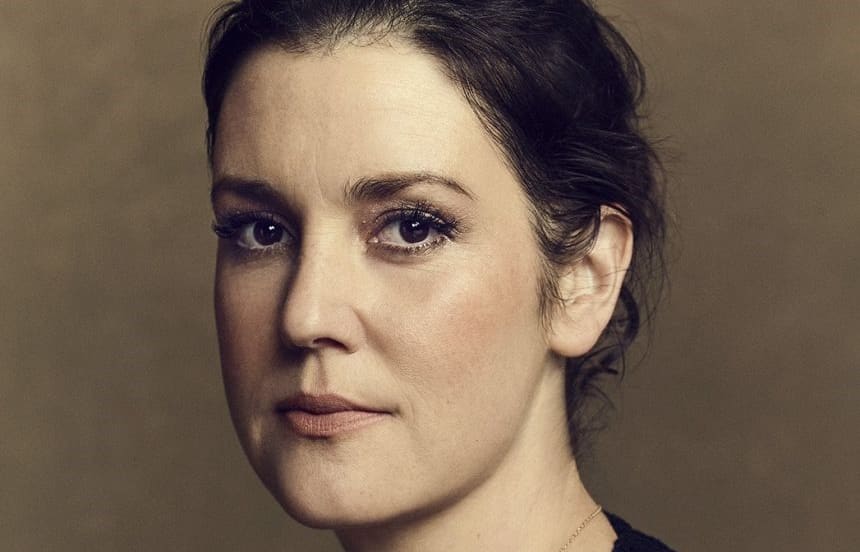
New Zealand actress Melanie Lynskey. Photo: Supplied
10:35 The move to getting married on weekdays
More and more couples are tapping into a trend of choosing weekdays for their weddings. And not just because it's cheaper.
Around one in five weddings in America takes place from Monday to Friday, and that figure is continuing to rise due to problems caused by Covid-19 (including popular locations being backed up at weekends). Some wedding directors are reportedly fielding 50% more inquiries for mid-week weddings than before the pandemic.
Former TV personality Kay Gregory is one of New Zealand's best known marriage celebrants. She has also noticed a huge increase in the popularity of weekday weddings in this country, with roughly 75% of her bookings now taking place on a Friday.

Photo: 123rf
10:45 How deep conversations with strangers can have surprising results
For a lot of people, engaging in conversations - particularly anything more than superficial chit-chat - with strangers is nothing less than cruel and unusual punishment.
However, new research suggests that people's expectations about their interactions with strangers are generally wide of the mark. In fact, when strangers do engage in deep conversations, awkwardness isn't as present as the participants thought it would be, and they also feel more connected and happier than expected.
Coauthor Amit Kumar, an assistant professor of marketing at the University of Texas at Austin's McCombs School of Business, joins the show to discuss the paper, Overly shallow?: Miscalibrated expectations create a barrier to deeper conversation, which was recently published in the Journal of Personality and Social Psychology.
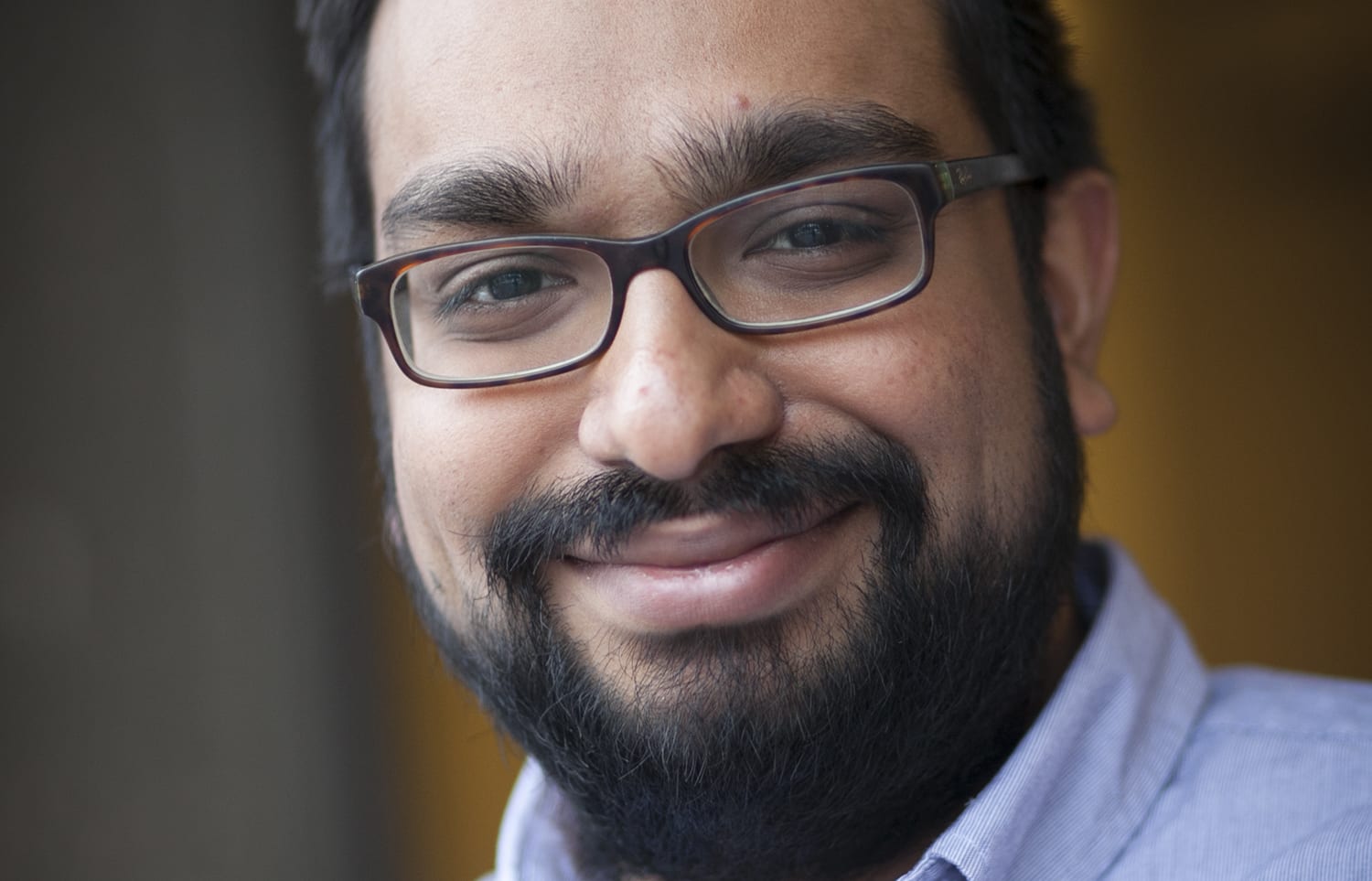
Amit Kumar is an assistant professor of marketing at the University of Texas at Austin's McCombs School of Business. Photo: © Cornell University Photography
11:05 Real women talk about their menopause experiences
Almost half the world will go through menopause. Yet it remains criminally underdiscussed, with recent surveys showing that a surprising number of women never discuss their menopausal symptoms with their health care provider, let alone friends or family.
Those same surveys also suggest that more than 80% of women have menopause symptons that interfere with their lives and over 10% say they interfere "a great deal" or are debilitating.
Author Niki Bezzant's new book, This Changes Everything, has been billed as a "must-read" for any woman over the age of 35. The book draws on latest menopause research and advice, giving readers information on everything from recognising and understanding common symptoms to expert advice from doctors and specialists, and includes menopause stories from well-known New Zealanders, including Robyn Malcolm, Carol Hirschfeld, Michele A'Court and Theresa Gattung, and other lesser-known Kiwis.
Niki joins the show to discuss the new book.
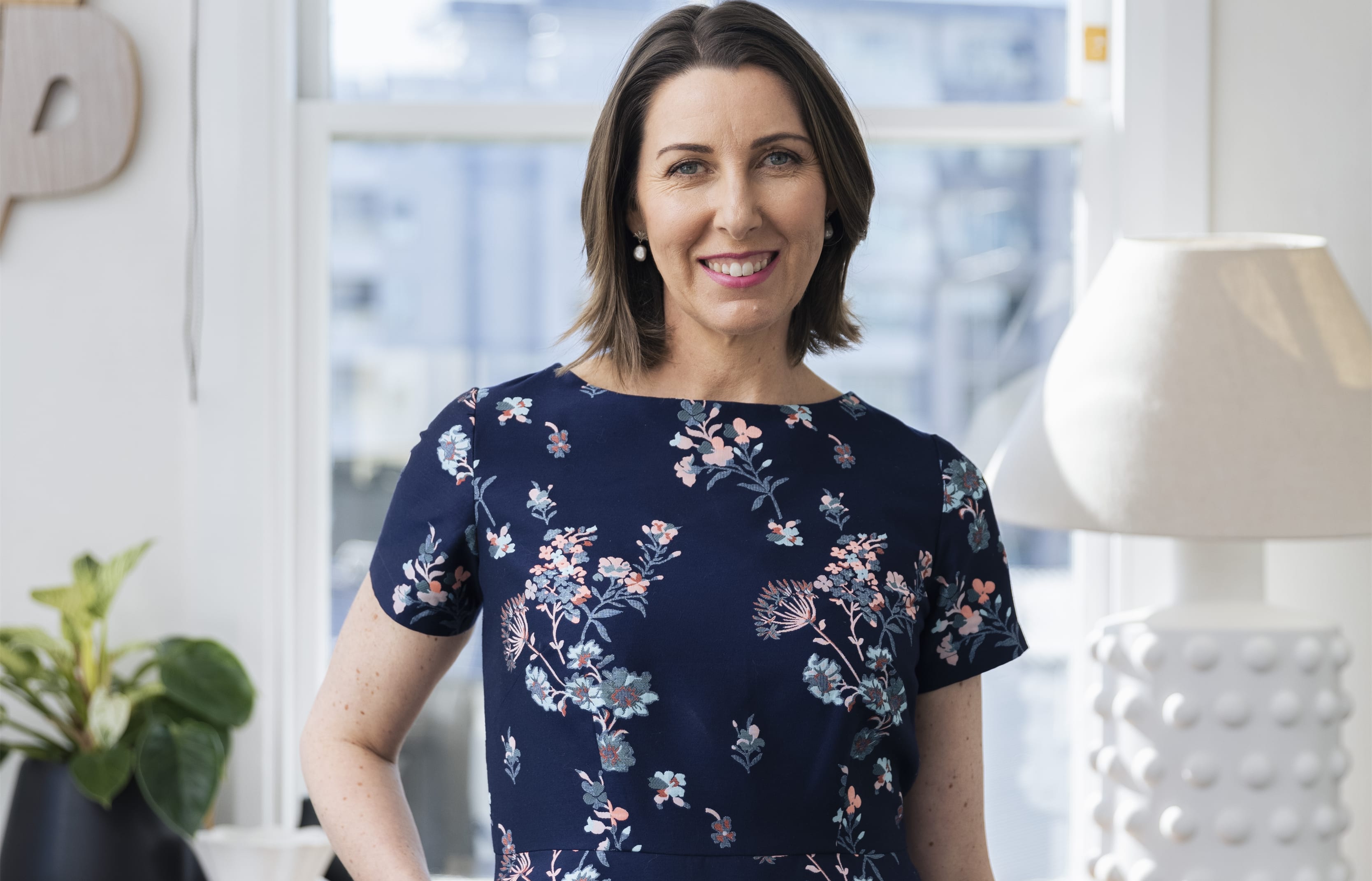
Author Niki Bezzant's new book about menopause is called This Changes Everything. Photo: Reuben Looi
11:30 Unwind your anxiety by being more curious
Learning more about something that frightens or worries us may sound counterintuitive to some people, but according to psychiatrist and neuroscientist Dr Jud Brewer, it's the first step to overcoming our fears.
Brewer, who is the executive medical director of behavioral health at Sharecare, a digital health company and a New York Times best-selling author, says the habit of being curiously aware can help people start to become disenchanted with aspects of their behaviour they are unhappy with. Indeed, he says curiosity can be used as a "super power cape" if we face those fears head on.
Dr Brewer's with us to discuss unwinding anxiety and making positive changes in our lives.
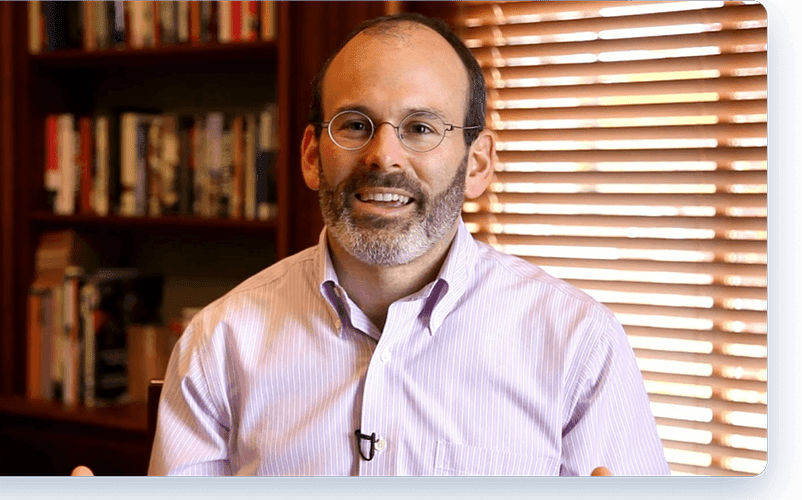
Dr. Jud Brewer is the Director of Research and Innovation at the Mindfulness Center. Photo: Supplied
11:45 The perfect song for every time of the day
There is endless variety when it comes to the types of music people like waking up to - from country and western to classical to grindcore. Different strokes for different folks.
But there is no debating what the best song is for any time of the day. According to science, it's The Police's (slightly creepy) 1983 smash hit 'Everything Breath You Take.' Its secret? Being the epitome of an 'in the middle' - some might even say terribly bland - type of song.
Researchers at Aarhus University in Denmark analysed streaming data for nearly four million songs on Spotify to find out if there was a pattern to the types of songs people listen to over a 24-hour period.
Lead researcher Ole Adrian Heggli is with us to discuss the Aarhus study and why The Police came out on top.

Photo: Boris Allin / Hans Lucas / AFP








